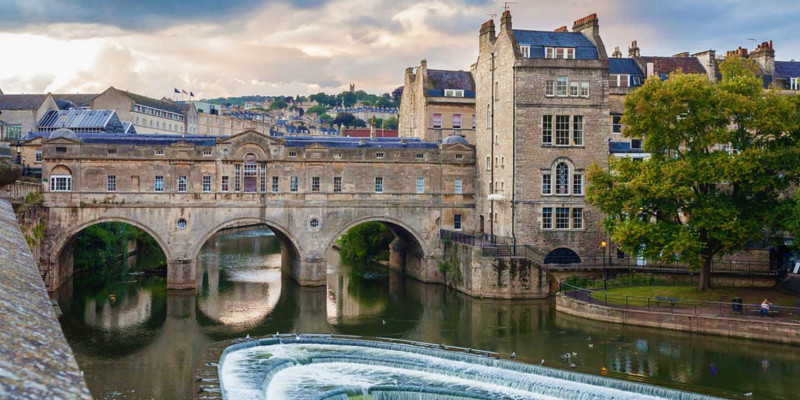Nestled in the picturesque Avon Valley surrounded by gently rolling hills, Bath is a World Heritage city with elegant neoclassical buildings blending harmoniously with Roman baths.
Here are 10 of the best things to see and do in Bath.
1. Bath Abbey
Founded in the 7th century, Bath Abbey is one of the largest examples of Perpendicular Gothic
architecture in the West Country.
The abbey is a Grade I listed building, which means it’s listed by the statutory body “Historic England” as being of exceptional historic and architectural interest.
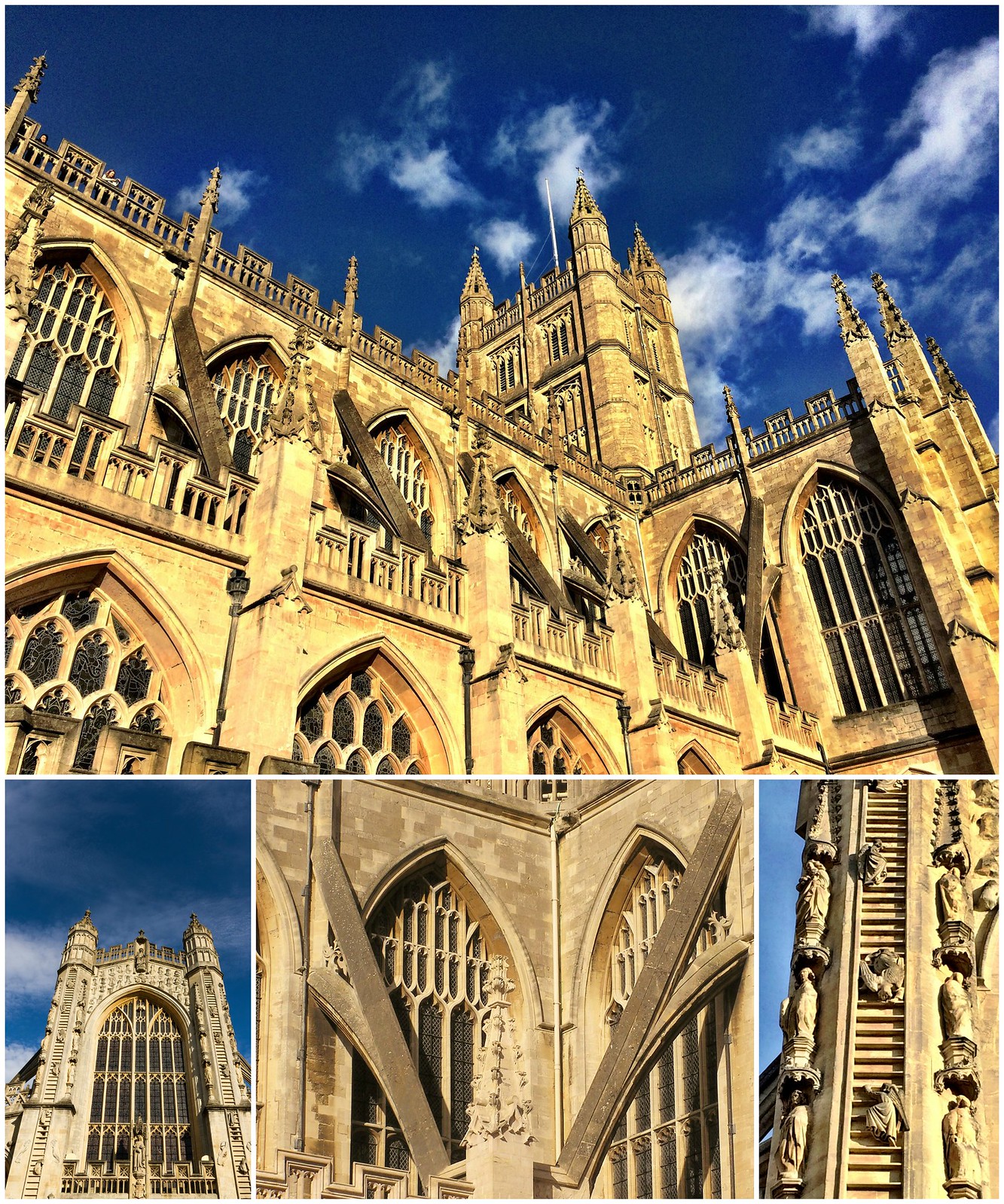
Of particular note are the fan vaulting and stained glass. Beautifully bright inside, windows cover 80% of the wall area.
2. Roman Baths and Grand Pump Room
One of the finest historic sites in Northern Europe, the Roman Baths is a bathing complex around the source of three natural hot springs. 257,000 gallons (1.2M litres) of water at 115°F (46°C) rises from a geological fault every day.
There are four main things to see: the Sacred Spring, the Roman Temple, the Roman Bath House and a Museum of Roman artifacts.
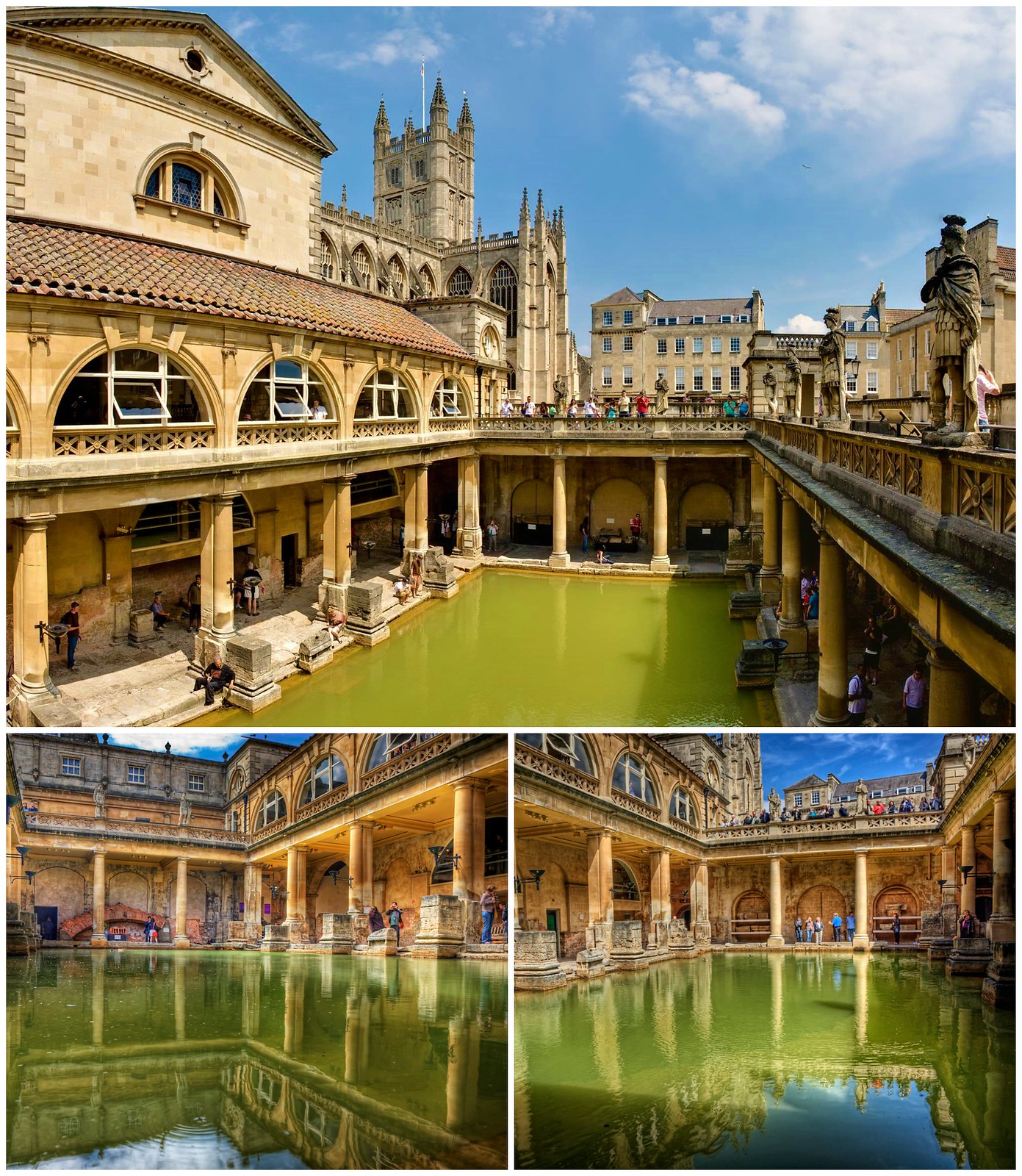
You can even taste the water in the Grand Pump Room—a Georgian-era Grade I listed building made from the honey-colored stone that gives Bath its distinctive character.
The Pump Room was featured in Jane Austen novels, including Northanger Abbey and Persuasion.
It has an elegant restaurant which is very popular for afternoon tea.
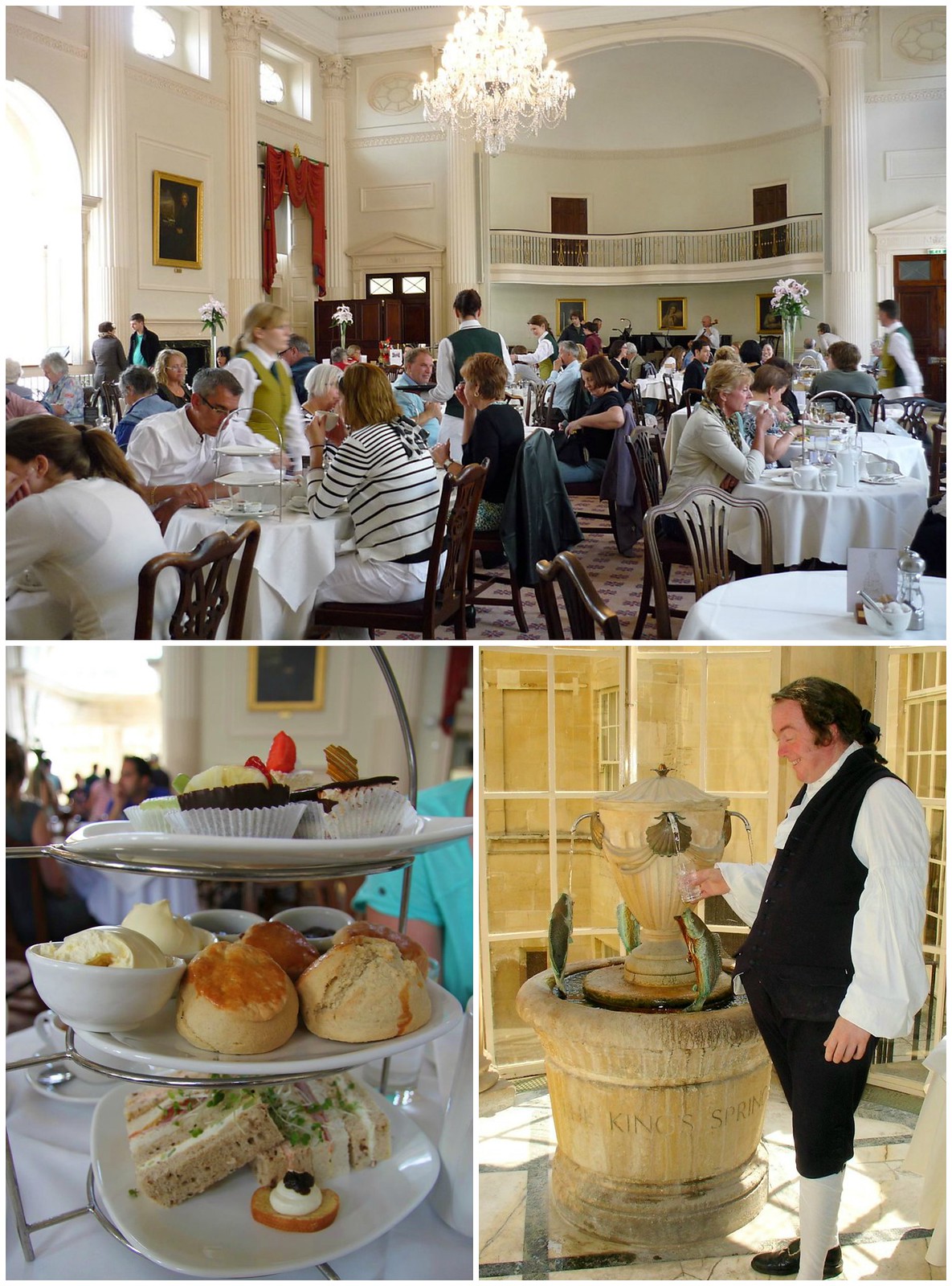
3. Pulteney Bridge
Completed in 1774 in a Palladian style, the bridge spans the River Avon and is one of only four bridges in the world to have shops on both sides of its entire length.
The bridge is named after Frances Pulteney, wife of wealthy Scottish lawyer and Member of Parliament William Johnstone.
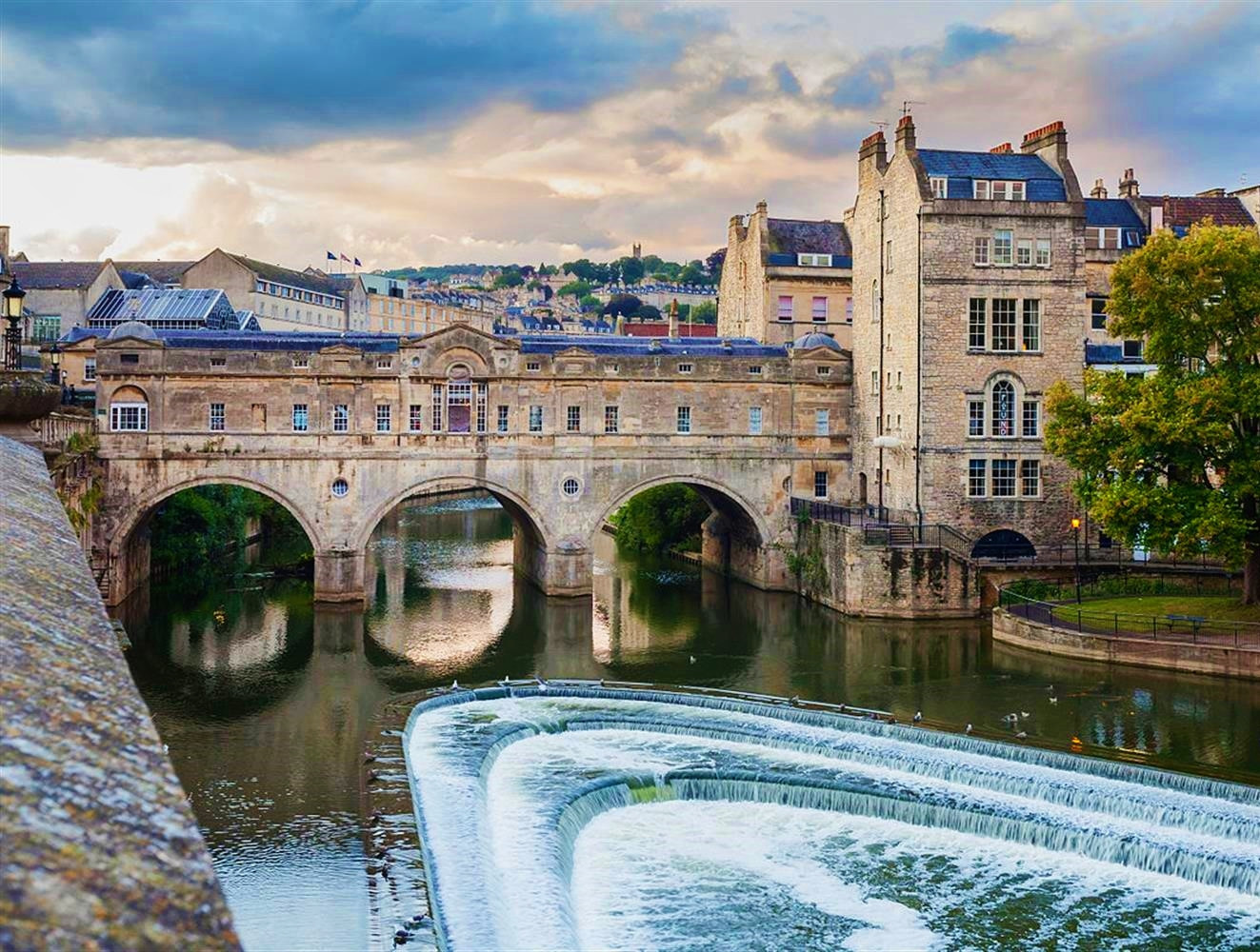
Take a virtual walk across the bridge and do some window shopping.
4. Royal Crescent and the Circus
Georgian architecture is characterized by grand tall houses with symmetrical facades and box sash windows.
The Royal Crescent is a superb example of this classic Georgian style, forming a sweeping crescent of 30 elegant terraced houses—the same today as it was in 1780.
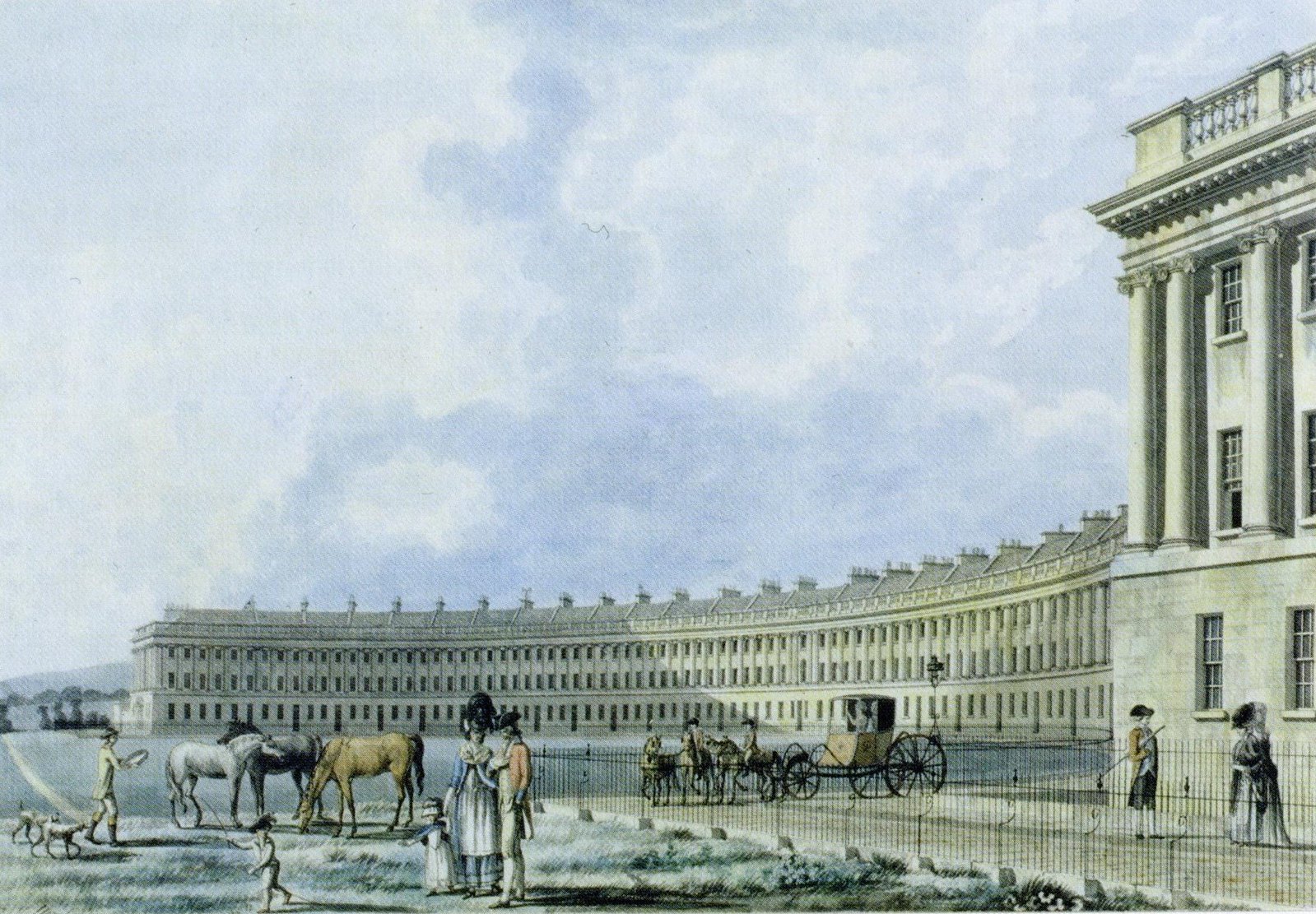
No. 1 Royal Crescent is a museum—a must see for anyone interested in how the wealthy furnished their homes in the late 18th century.

Following the same theme is “The Circus”—a complete ring of Georgian townhouses.
Composed of three equal segments, it is divided in such a way that whichever road you approach on, you are presented with a glorious Georgian facade.
5. Bath Street
Another must see for lovers of architecture is Bath Street.
Built in 1791, the 2-story buildings have French-influenced Mansard roofs, pedimented windows, and decorative friezes. The two upper floors overhang the lower, supported by rows of white pillars and providing an attractive covered walkway.
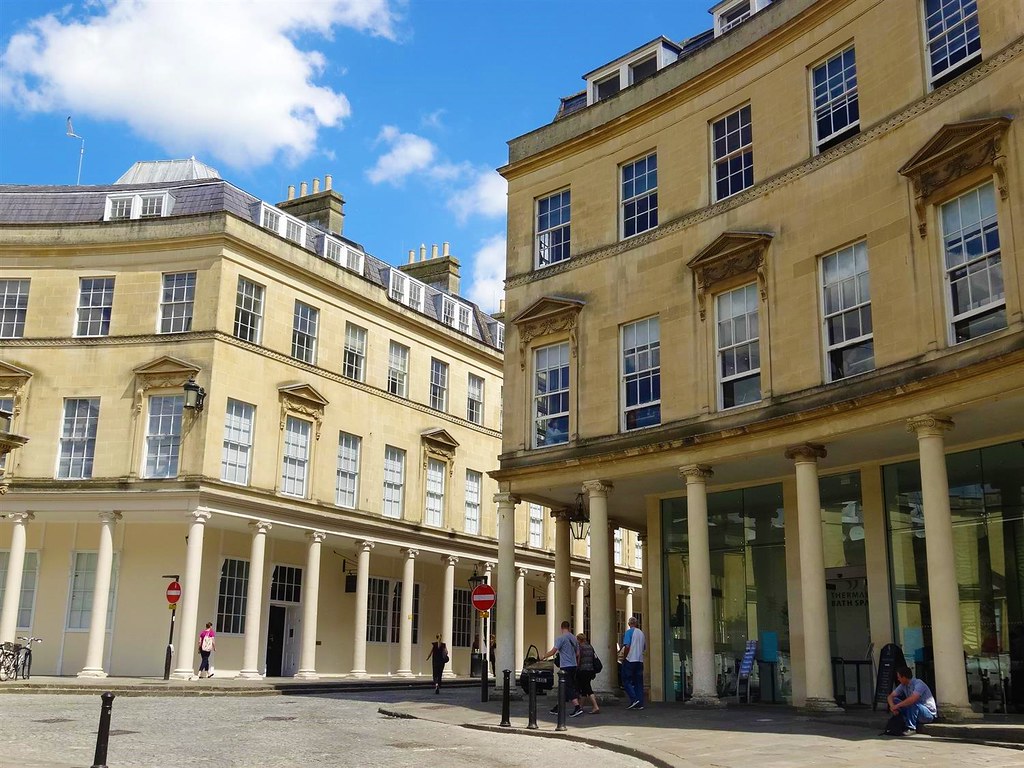
6. Jane Austen Centre
Fans of Jane Austen will appreciate the writer’s home museum—the Jane Austen Centre—representing her life in Bath and how it affected her writing.
The showpiece of the centre is a life-size wax model of Jane Austen that took three years of painstaking research to create.
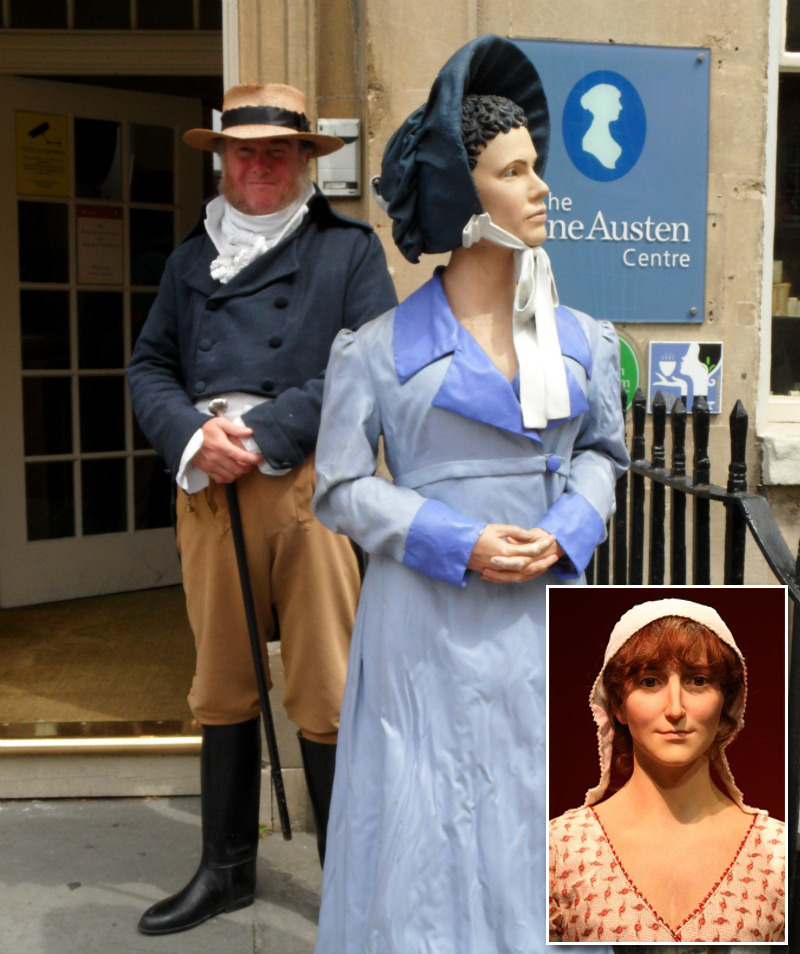
The Jane Austen Centre also has a tearoom. With a “Trip Advisor Certificate of Excellence” award, the Regency Tea Room has a period atmosphere and serves loose-leaf tea, coffees, and Belgian hot chocolate, in addition to soups, cakes, and toasties.
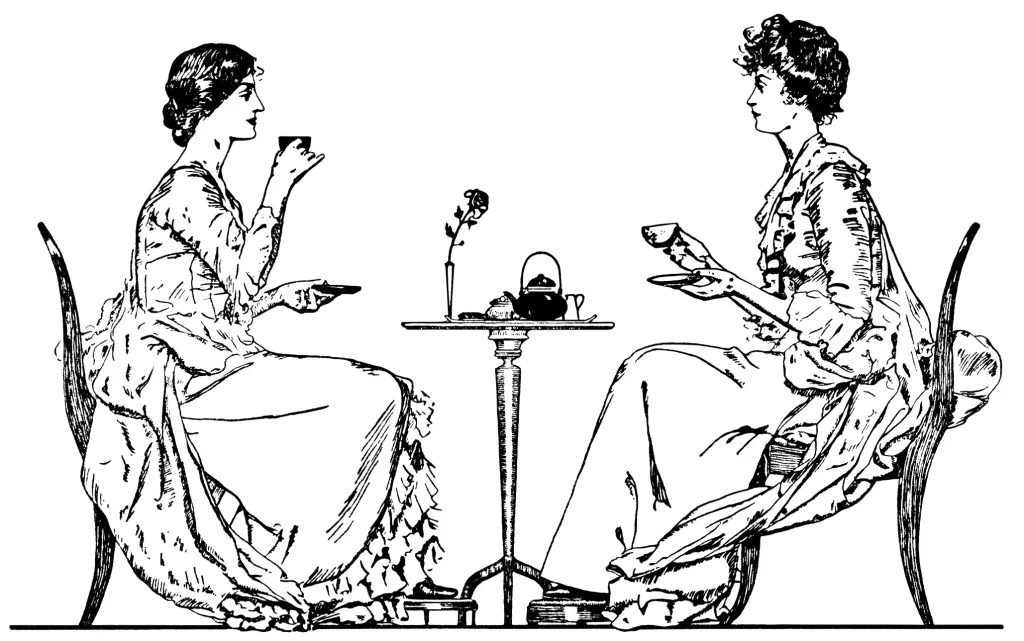
7. The Bath Assembly Rooms and Fashion Museum
Where did the nobility, socialites and celebrities like Jane Austen, and Charles Dickens go to mingle, to see and be seen in Bath society? They went to the Assembly Rooms—an elegant venue for balls, concerts, and even gambling.
This was the place for well-to-do mothers and chaperones to bring their daughters for the social season, hoping to find suitable husbands.
When not being used for private functions, admission is free.
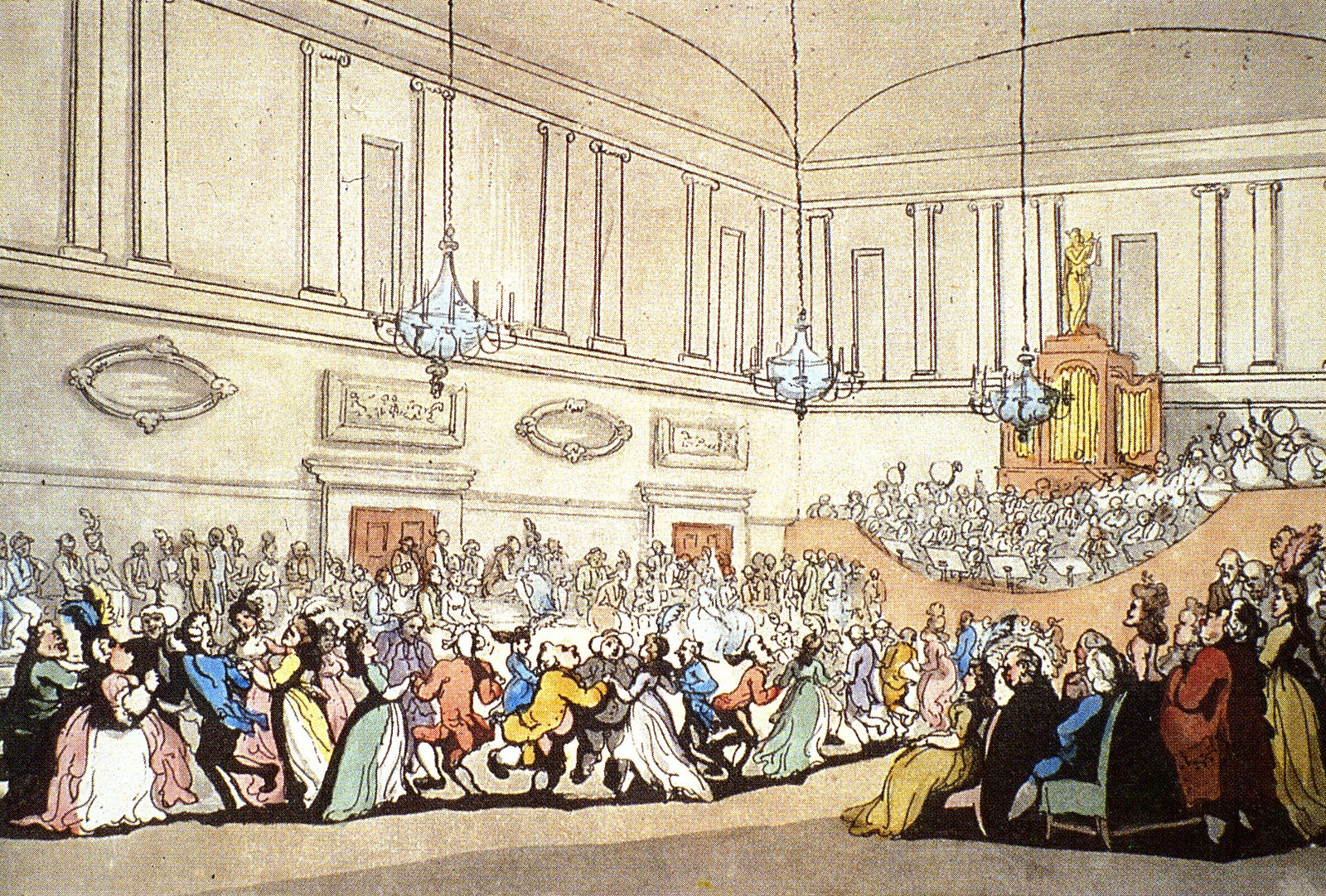
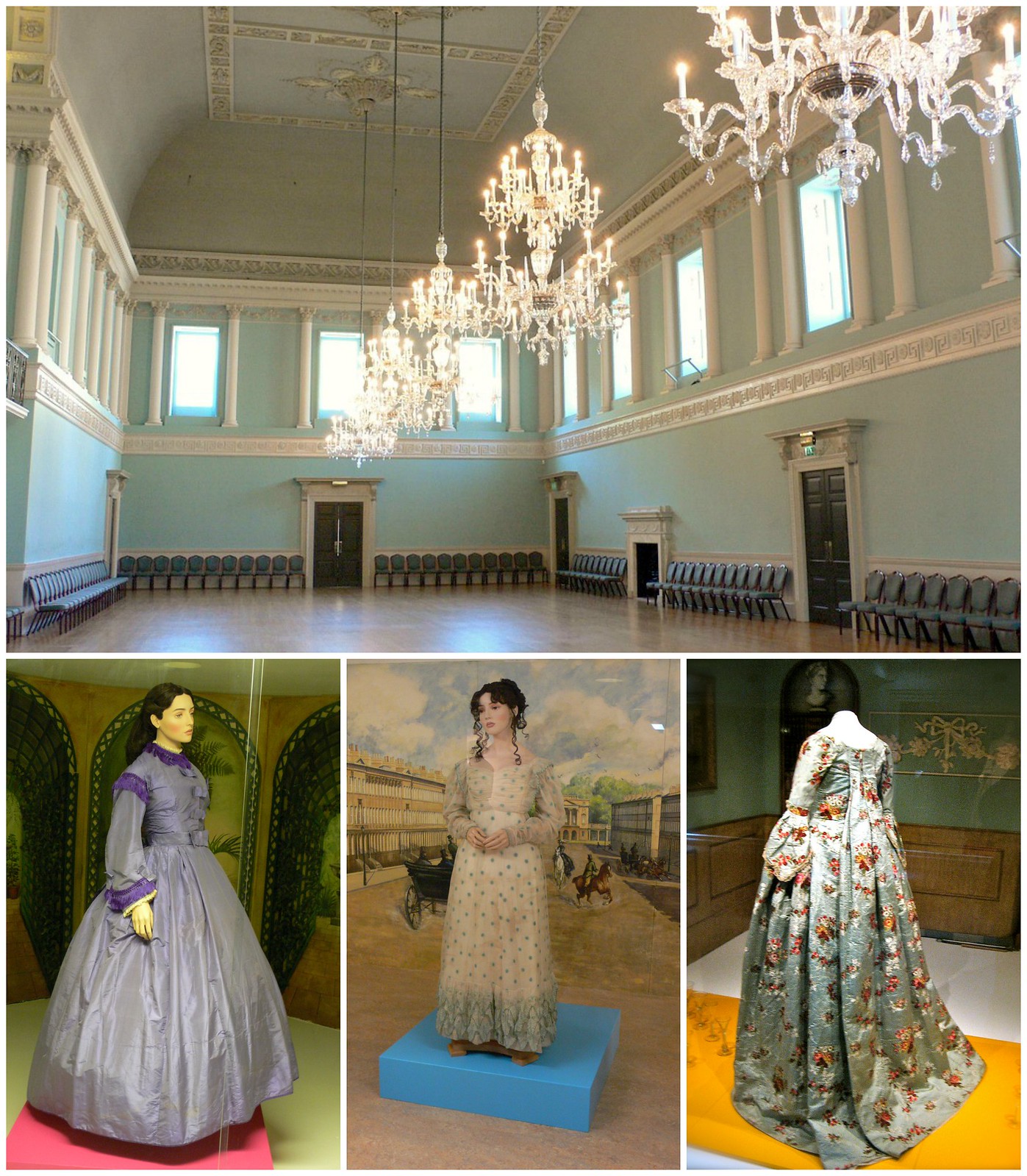
8.Theatre Royal and Garrick’s Head Pub
Described by the Theatres Trust as “one of the most important surviving examples of Georgian theatre architecture”, the Theatre Royal was built in 1805, making it one of the oldest working theatres in the country.
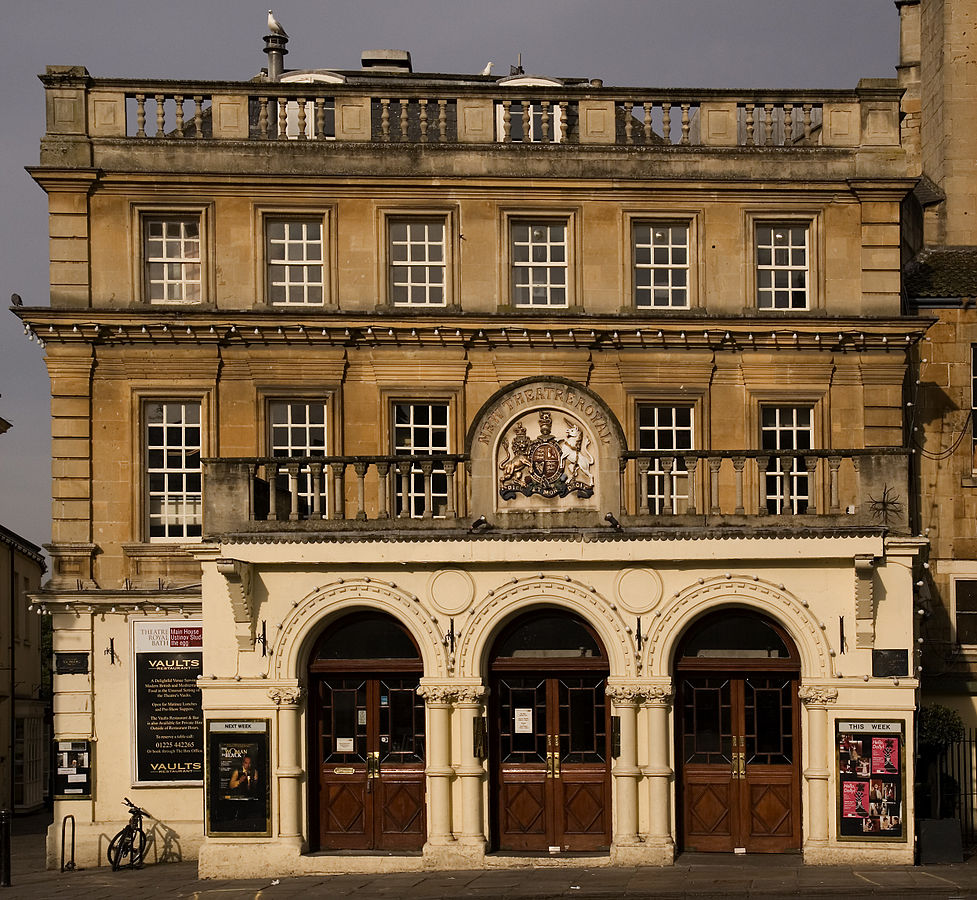
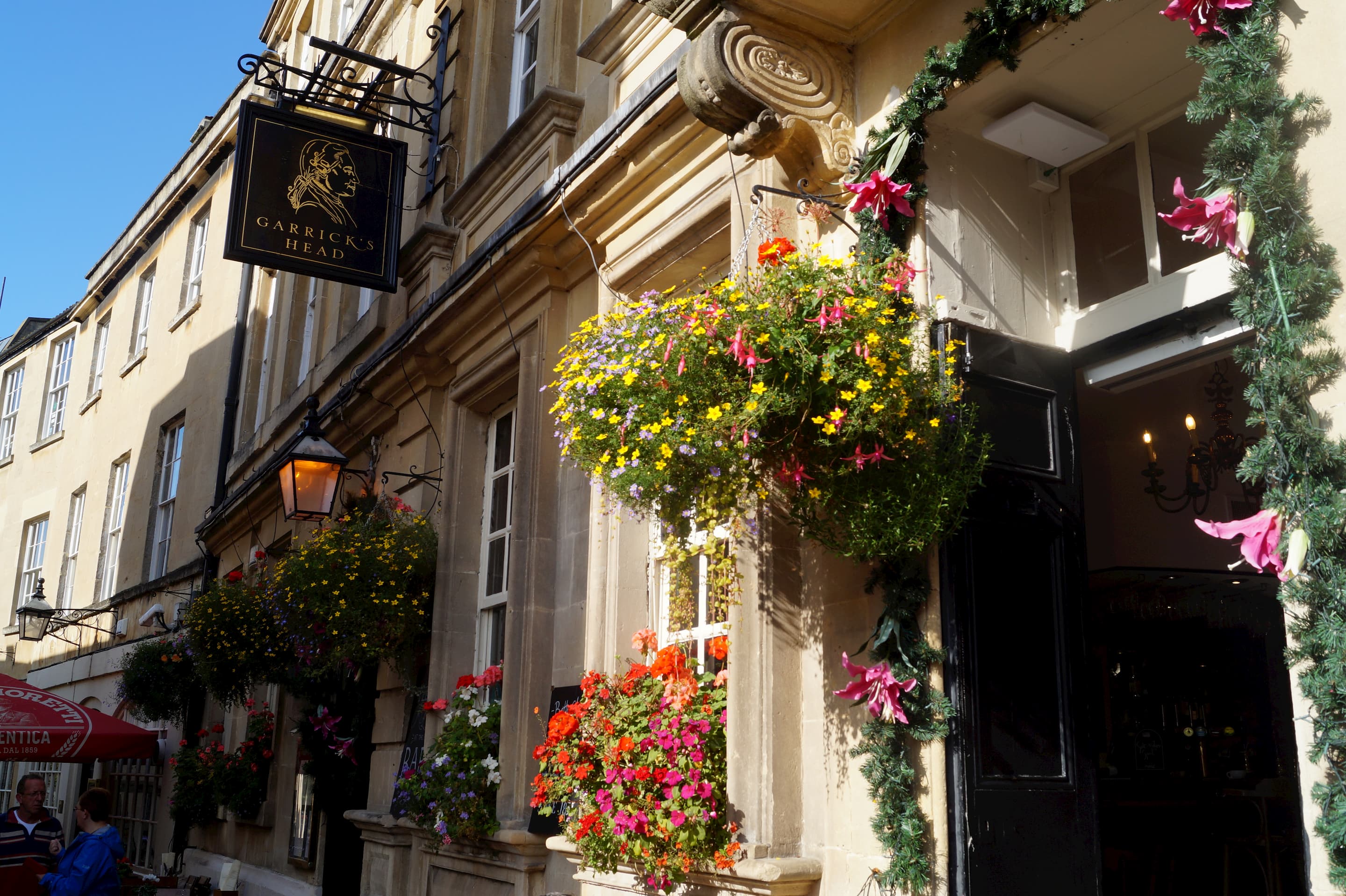
9. Sally Lunn’s Historic Eating House and Museum
One of the oldest houses in Bath, the medieval building is now a tearoom and museum. It’s also home to the original Bath Bun—based on the recipe of Sally Lunn. Legend has it that Sally Lunn was a French Huguenot refugee who brought the recipe to Bath in 1680. The Sally Lunn bun is mentioned in Charles Dickens “The Chimes” (1845).

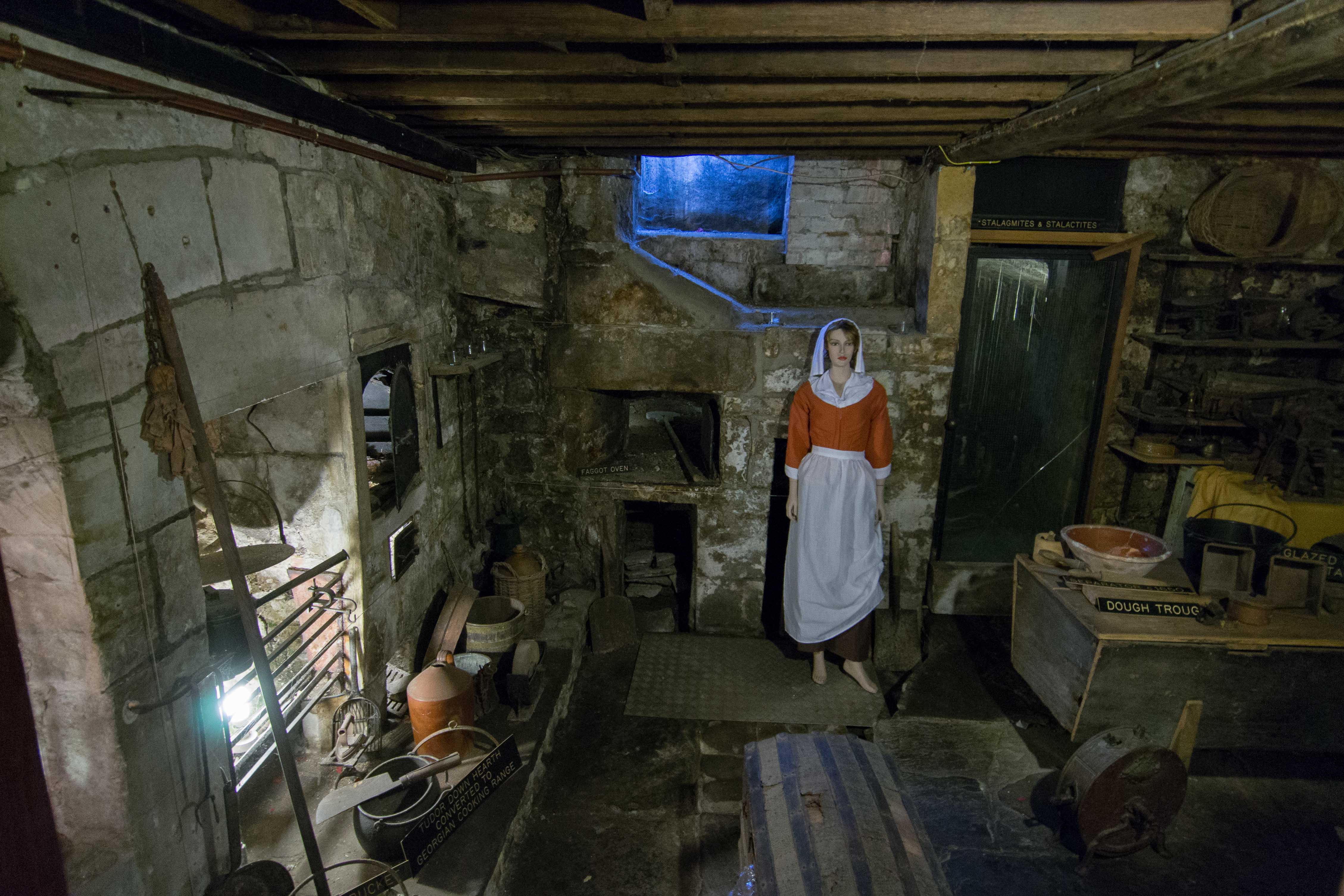
10. Royal Victoria Park
Opened in 1830 by the 11-year-old Princess Victoria, the Royal Victoria Park was the first park to carry her name.
Featuring a 9-acre botanical garden, golf course, boating pond and open-air concerts, it is on the National Register of Historic Parks and Gardens.
Suggestions that are highly rated on TripAdvisor.
Tea Rooms
The Pump Room Restaurant
The Regency Tea Room at the Jane Austen Centre
The Mad Hatter’s Tea Party
Hands Georgian Tearooms
Sally Lunn’s Museum
Restaurants
Sotto Sotto (Fine Dining, Italian)
Menu Gordon Jones (Fine Dining, British)
The Circus Restaurant (Fine Dining, British)
Burgers and Barrels (Barbecue, American)
The Real Italian Pizza Co (Gourmet Pizza, Italian)
Pubs
The Garrick’s Head Pub and Dining
The Crystal Palace Pub
The Raven
Marlborough Tavern
The Bath Brew House

